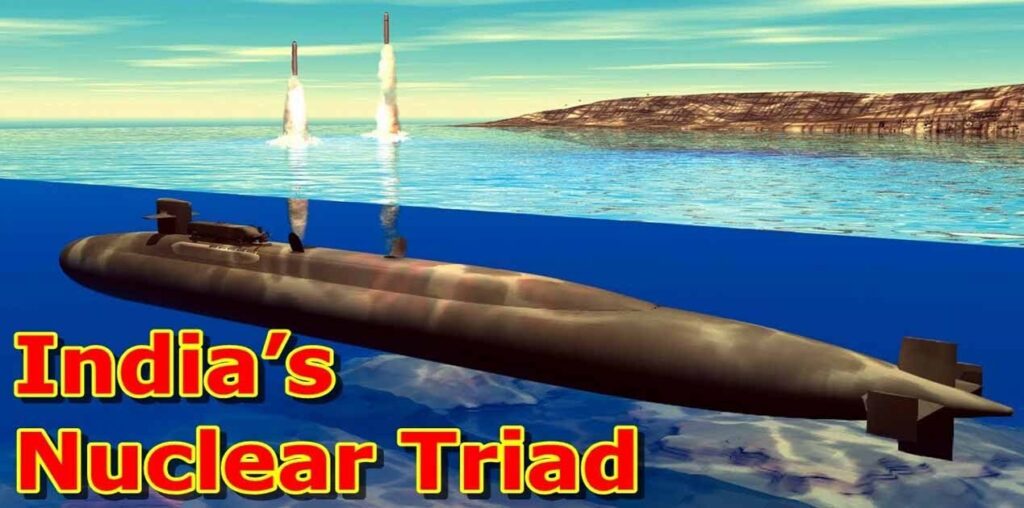Throughout his two terms, Prime Minister Narendra Modi has demonstrated a commitment to the “India First” policy by commissioning two nuclear ballistic missile submarines. This aligns with India’s stated goal of developing a credible, minimal, and indigenous nuclear deterrent with a second-strike capability.
Also read: Kupwara: Army Likely Kills 3 Infiltrators in Machhal, Tangdhar
Timeline of India’s Strategic Submarine and Nuclear Missile Tracker Commissions
The first ballistic missile submarine, SSBN INS Arihant, was commissioned in 2018, nine years after its launch. The second, INS Arighaat, was commissioned on August 29, 2024, seven years after its launch. The third submarine, INS Aridaman, is set to be commissioned next year, following a similar timeline. Meanwhile, INS Dhruv, India’s first ballistic missile tracker ship, was commissioned on September 10, 2021, by National Security Advisor Ajit Doval.
Also read: Terrorist Behind Rameshwaram Cafe Blast Threatens Major Train Derailments in India
Enhancing India’s Naval Capabilities with Ballistic Missile Submarines
The SSBNs are integral to India’s nuclear triad policy, but their significance extends beyond this role. The two ballistic missile submarines project India as a formidable blue-water navy with advanced, long-range missile capabilities. They not only enhance India’s ability to deny access in the Indo-Pacific region but also serve as a deterrent against threats to India’s land and coastline by targeting the origin of those threats.
India’s Maritime Dominance and Strategic Priorities
With its fleet of two aircraft carriers and two SSBNs, India asserts dominance in the Indian Ocean region. Supported by a powerful array of destroyers, frigates, and diesel attack submarines. This presence sends a clear message to regional adversaries that any acts of aggression will be met with a formidable response. The Modi government’s national security strategy clearly favors a sub-surface deterrent over large surface platforms. This is evident from the Navy’s emphasis on constructing two nuclear-powered, conventionally armed submarines and three additional Kalvari-class diesel attack submarines with advanced capabilities, prioritizing these over the development of a third air defense ship.
Also read: Online passport portal will be closed for five days











More Stories
Pak PM: India Fired Brahmos Before Our Retaliation
देहरादून: सूर्यधार रोड पर भिड़ीं गाड़ियां, शख्स को कुचलने की कोशिश; 9 गिरफ्तार
17 Women Cadets Join NDA Parade First Time